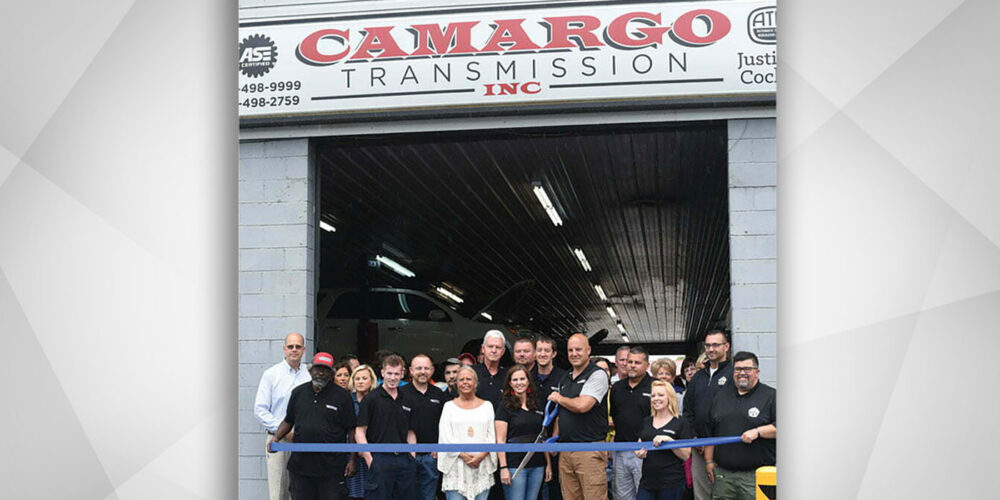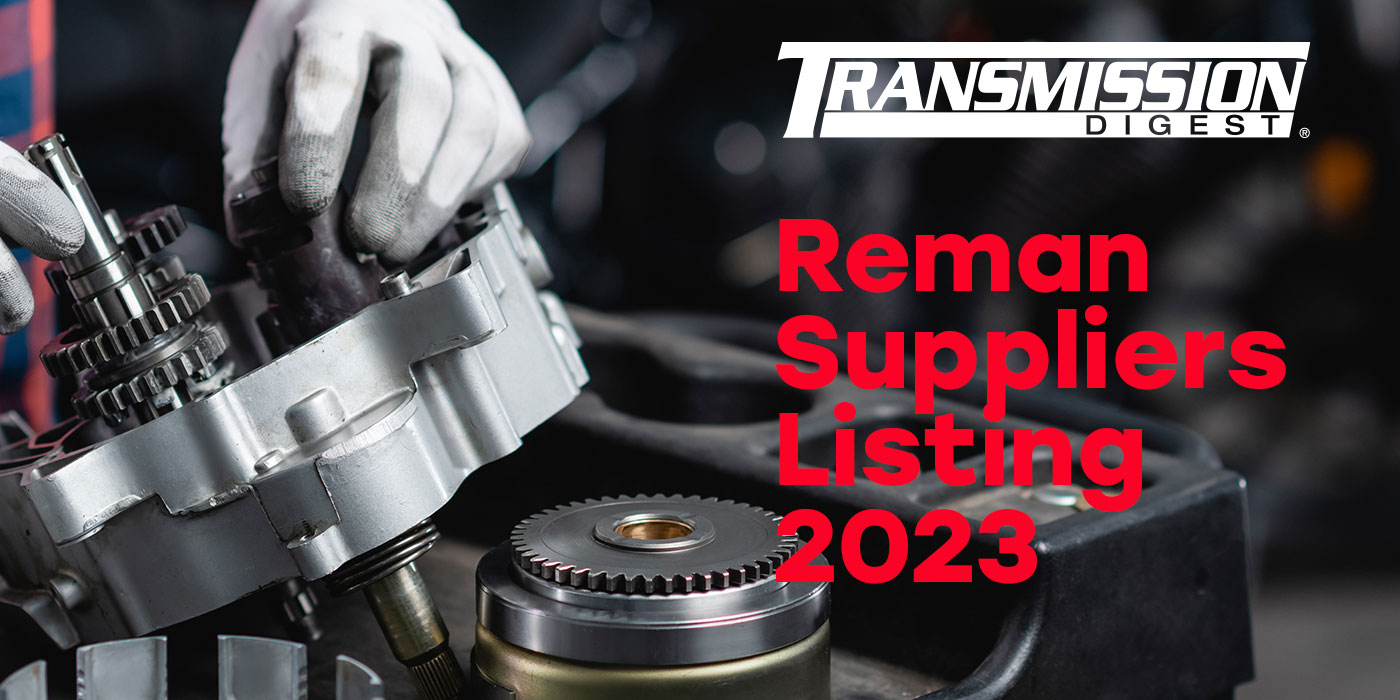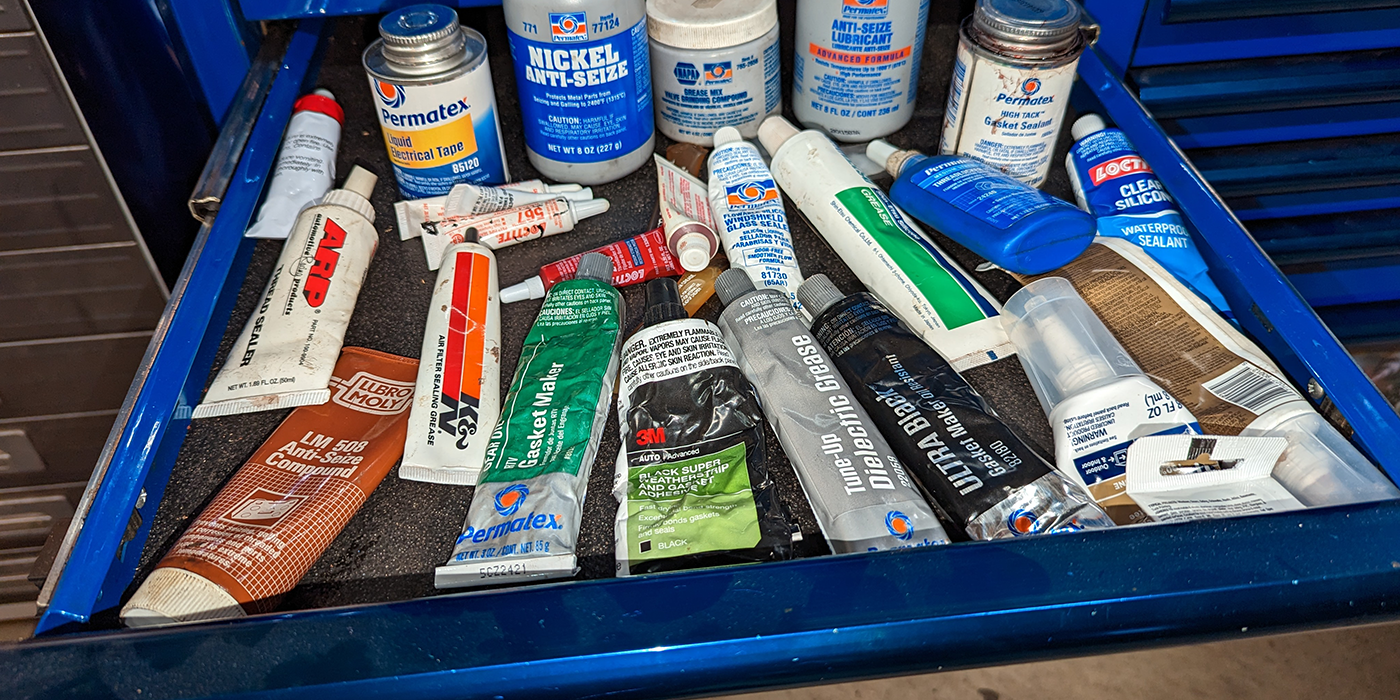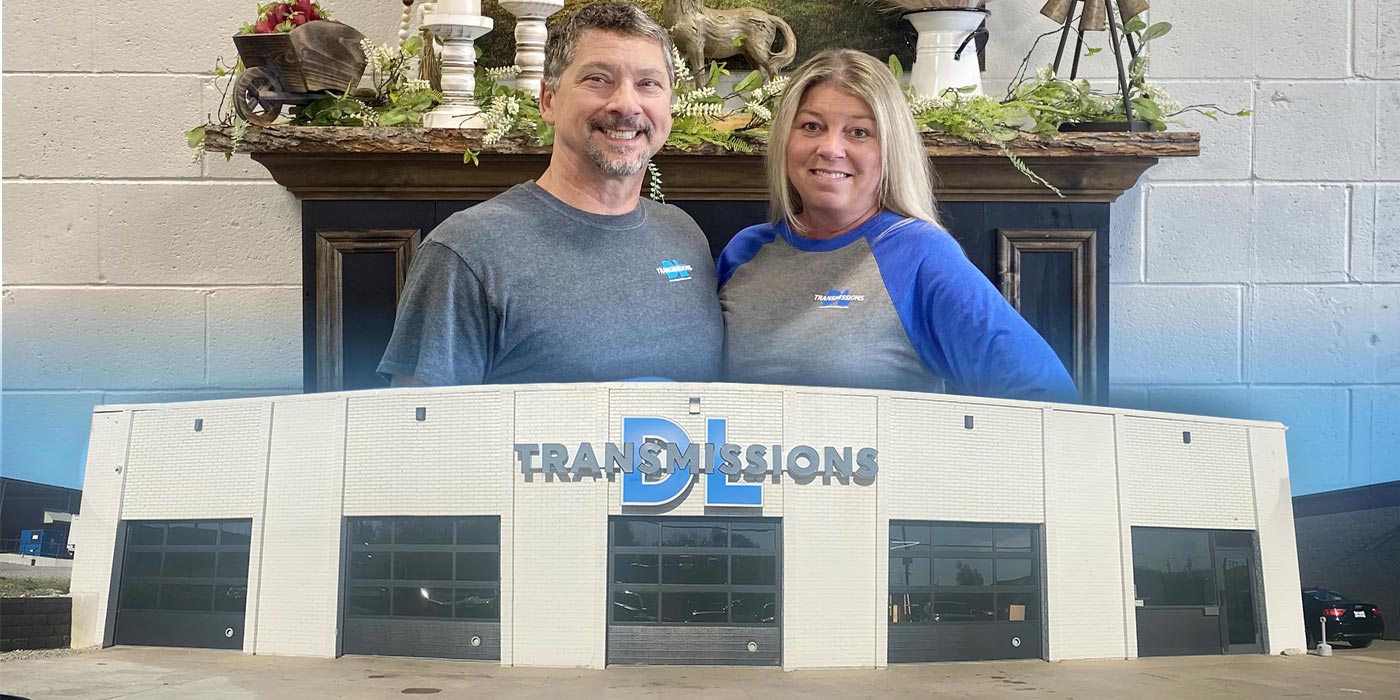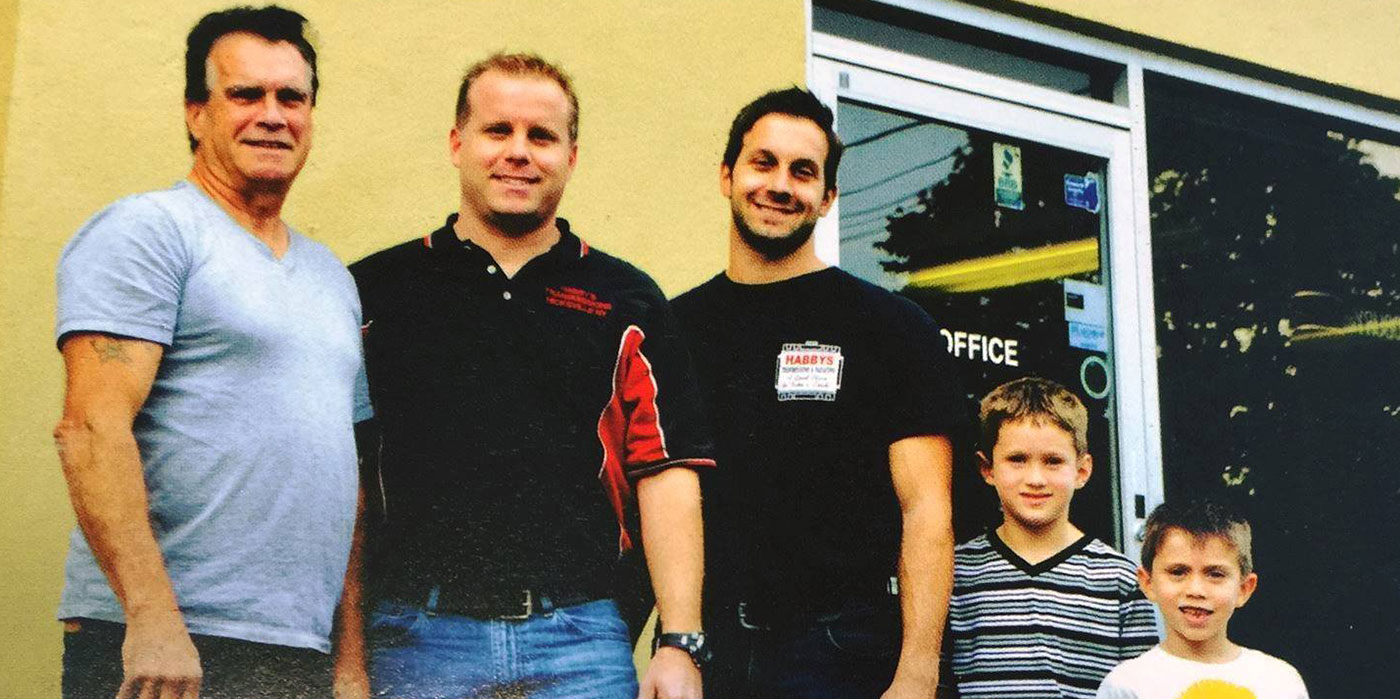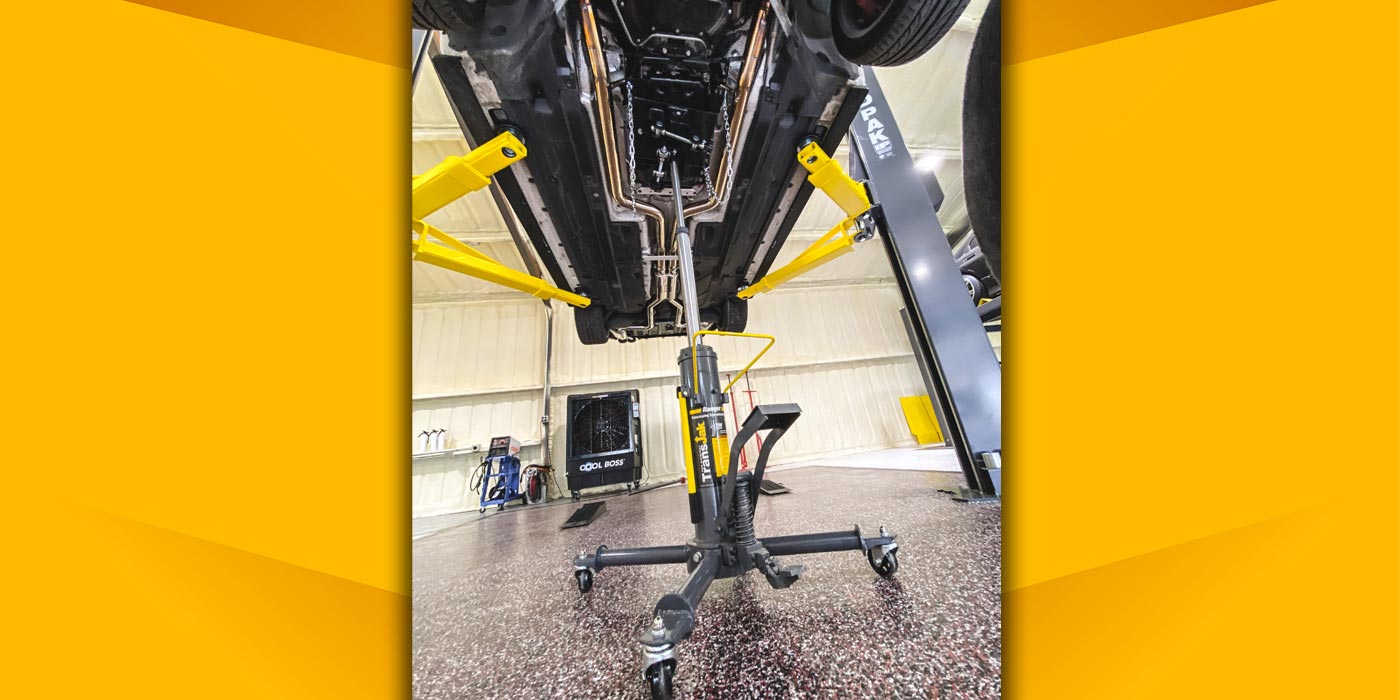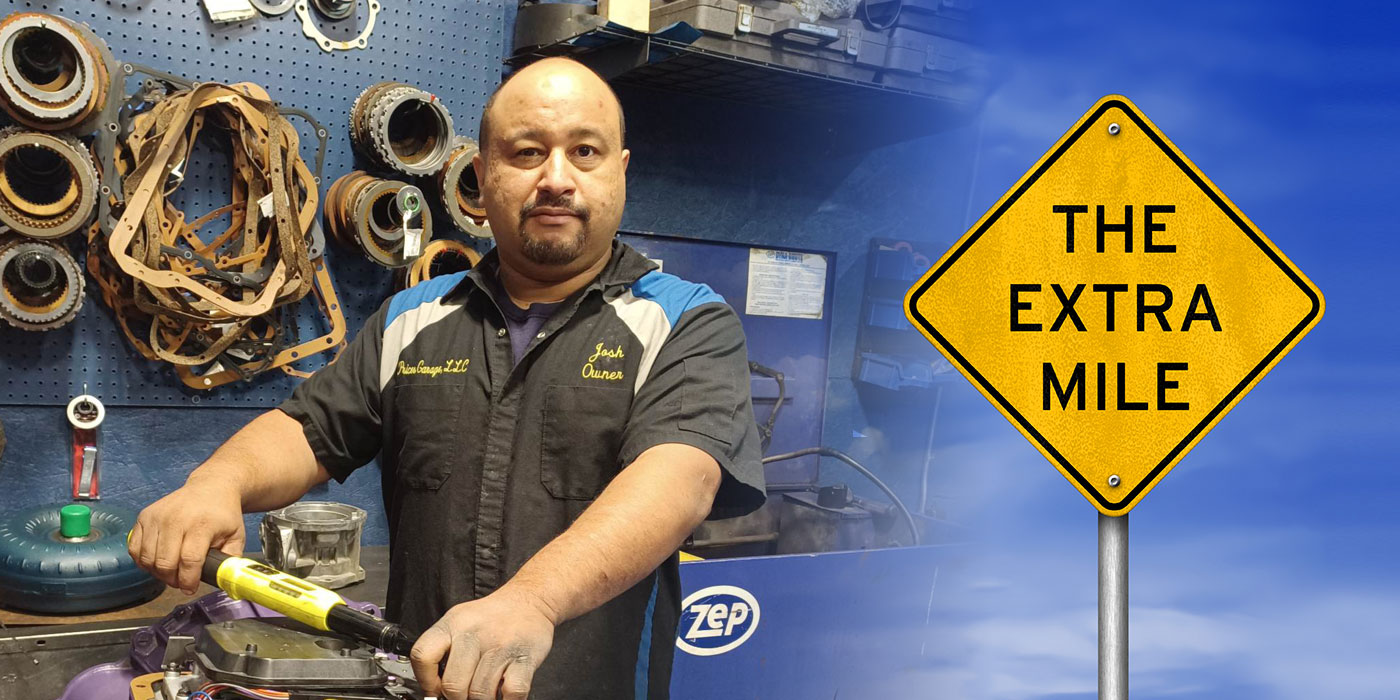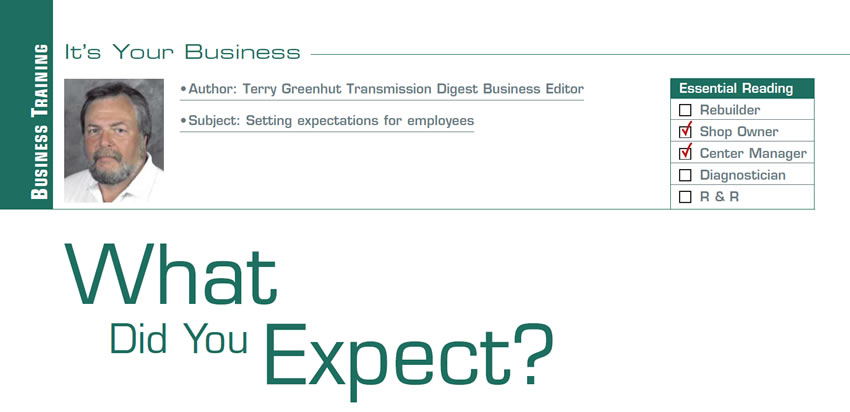
It’s Your Business
- Subject: Setting expectations for employees
- Essential Reading: Shop Owner, Center Manager
- Author: Terry Greenhut, Transmission Digest Business Editor
When you’re hiring new employees it is extremely important to tell them exactly what your expectations of them are right from the beginning. There has to be some direction from the start or they can easily decide for themselves what this job should be, and that probably won’t get you the results you want.

Everyone needs expectations made clear to them. Even entrepreneurs, who you would think have a handle on where they want to be, usually haven’t planned much beyond getting the business started. They don’t have clear-cut expectations of where it will or should be three months, six months, one year or 10 years from its inception. If you don’t know where you’re going, how are you supposed to get there? Think about your GPS unit. What’s the first question it asks you when you turn it on? “Where to?” Everything that happens next is designed to get you there. Business is the same way. You must set goals and expectations if you ever hope to reach the top.
Once the big goal is set, smaller (or interim) goals that lead to the big one can be set and adjusted along the way, but the big one, the ultimate goal, must remain intact throughout. For example: If you start a business with the ultimate goal of making an after-tax profit of $1 million at the end of a 10-year period, you have to have a plan for exactly how you will accomplish it. How much profit will you need to make the first year, the second, the fifth or the 10th? What will it take to get you there? What will you need to learn? What resources will you need to tap into? Who can help? How much capital will you need to raise and from where? How many employees will you need? What skills must they have? How will you train them? Where will you get your customers? What will you need to do to get and keep them?
If you aren’t looking to start a new venture, the same rules apply for improving the one you now have. At any point, especially if you haven’t done it before, you can make a list of your expectations and how you will accomplish them. Some people call it a “business plan,” but that terminology is scary to Joe Mechanic who has started or is trying to start his own business. So a list of what you want and how you plan to get it makes good sense and is much easier to digest.
Once you’ve set business expectations you need personal ones as well. How are you going to grow along with your business? How will you attain the necessary education and, over time, the wisdom that age can bring if you learn your lessons well? What will you expect from the people who should be supporting your efforts: your employees, suppliers, families and friends? How will you communicate your expectations to these groups?
It may sound ridiculous, but you need to set some of the most-stupid-sounding expectations when dealing with employees – things like showing up for work on time every day, calling when they’re sick and can’t come in, staying until the job is done, keeping the shop clean and buying tools as needed. Even the required grooming should be included in an orientation lecture and your employee handbook if you have one. If your company requires a certain look of its employees or to wear a uniform in a certain manner, this needs to be taught right from the beginning. For example, UPS requires drivers to be beardless. They can have moustaches if they don’t extend below the line of the lower lip, but no beards. The company posts that fact on its employment website and makes employees sign a document stating that they understand and will follow the dress and appearance codes. UPS enforces that expectation by not allowing employees to clock in if they aren’t in compliance, so that’s an expectation the company has of its male employees. It’s not kept a secret and then sprung on people. It’s right out there for everyone to see so they can’t ever say they didn’t know.
What do you expect of your employees? Do you have procedures in place for performing different tasks so that you can train people and then make them responsible for carrying them out the same way every time? Do you have a set method of performing certain repairs that you want installers and rebuilders to follow? Do they know it? Are they retrained periodically to make sure they aren’t reverting to the easy way that doesn’t necessarily work too well?

Understand that you can hold employees accountable only if they’ve been trained to perform specific tasks. If not, and you aren’t happy with what they are doing, how can you blame them or hold them accountable? The answer is, you can’t, but a whole lot of bosses try to. That creates nothing but confusion, friction and, in some shops, a whole lot of unnecessary yelling, firing and quitting.
As the boss you also have to set an example for employees to follow. If you want them to work clean and uncluttered, they need to see you do the same. If you don’t want them using foul language in the shop, you can’t either. If they see that you care about the customers and give excellent service, hopefully they will do the same.
You’ve all heard of the 5 o’clock surprise, in which the customer comes to pick up her car at the end of the day and is informed either that it’s more than the originally quoted price or that the car isn’t ready. Well, how about the 10 a.m. surprise? That’s the one you get from your installer when he tells you he has a clogged cooler or needs a mount, flywheel, U-joints or a cooling line when it’s time to reinstall the rebuilt transmission instead of mentioning it when he first pulled the unit to give you a chance to get the needed parts? If it were trained, retrained and totally expected of the installer to fill out his check sheet completely, sign it, and turn it in when the unit is pulled, these situations just wouldn’t arise.
A shop owner told me one time that he doesn’t expect very much from his employees. I then asked him why he turns into such a maniac when they make mistakes if he didn’t expect them to do things right in the first place? He couldn’t answer that one.
All that stuff about low expectations of employees comes from owners and managers who are too lazy or too busy to provide adequate training. One even told me recently that his high comeback rate is acceptable because his shop volume is so high. I told him, “In that case you won’t have to worry about it because if you can’t get a handle on your comeback rate and reduce it considerably you won’t be a high-volume shop for much longer.”
You need to expect the best from yourself and the people who surround you if you ever want to get it, but in addition to your secret expectations you need to get the word out to them over and over again. They need regularly scheduled meetings in which you, as their leader, reiterate your expectations and praise their achievements so they will want to replicate those efforts.
One owner told me that he doesn’t have staff meetings anymore or compliment people when they do a good job because those actions always led to the employees asking for raises. He thought it would be better to make them believe they weren’t doing too well so they wouldn’t ask for anything and feel they need to work harder to please him. Of course, as you might have guessed, his people stopped putting forth maximum effort, believing that they weren’t expected to or appreciated for doing so. Even if his people asked for the occasional raise but were living up to all his expectations and then some, would that be such a bad thing? If he could depend on their turning out a better-quality product he could be comfortable asking more for it and easily cover the cost of any raises.
If you set expectations of yourself and your people high enough to make everyone have to reach out a little farther to meet them, they probably will – especially if there is something good waiting on the other end.

Terry Greenhut, Transmission Digest Business Editor. Visit www.TerryGreenhut.com.





